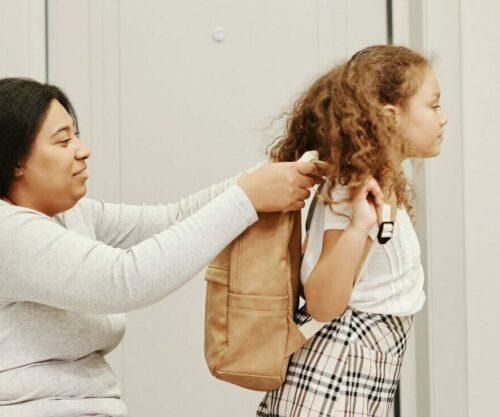
Parenting is a journey filled with joy, challenges, and countless learning opportunities. One of the cornerstones of effective parenting is employing positive discipline techniques that nurture a child’s emotional and social development.
Here are some tips on positive discipline techniques for parents by Verywell Family:
- Guiding Attention
- Young children tend to have short attention spans, making it relatively easy to steer them towards a different activity when they’re misbehaving. If your toddler is engaging with an object that poses a potential danger, introduce a different toy that captures their interest. If this doesn’t succeed, either take them to another room or venture outdoors to shift their focus.
- With older children, it’s more effective to suggest activities they can engage in rather than telling them what they can’t do. Instead of prohibiting YouTube, encourage them to go outside or work on a new puzzle they haven’t tackled yet. Concentrating on the positive aspects can significantly reduce conflicts and instances of defiance.
- Encouraging Positive Behavior
- Seize every opportunity to commend good behavior. Studies indicate that when children receive praise for doing something correctly, whether it’s following a rule or sharing a toy, they are more inclined to repeat that desirable behavior.
- When employing positive reinforcement, it’s more impactful to praise the specific action of good behavior rather than the child’s character or personality.
- If your child demonstrates concern for someone who might be hurt or appears upset, acknowledge what they did right (such as checking if their friend was okay). Make sure to highlight how the person on the receiving end of their kindness appreciated their gesture.
- Even more effective than verbal praise are the natural rewards for good behavior. For example, if a child politely asks for an extra five minutes on the trampoline instead of throwing a tantrum about playtime ending, consider granting the extra time to motivate similar polite requests in the future.
- Purposeful DisregardIn cases of minor issues, deliberately not reacting to the behavior can be effective. Through purposeful disregard, you refrain from acknowledging attention-seeking actions, such as when your child intentionally spills milk on the floor or persistently interrupts your conversation with another adult. When a child doesn’t provoke a response from you, whether positive or negative, they are less inclined to repeat that behavior.
Also see: Things to never tease your child about




